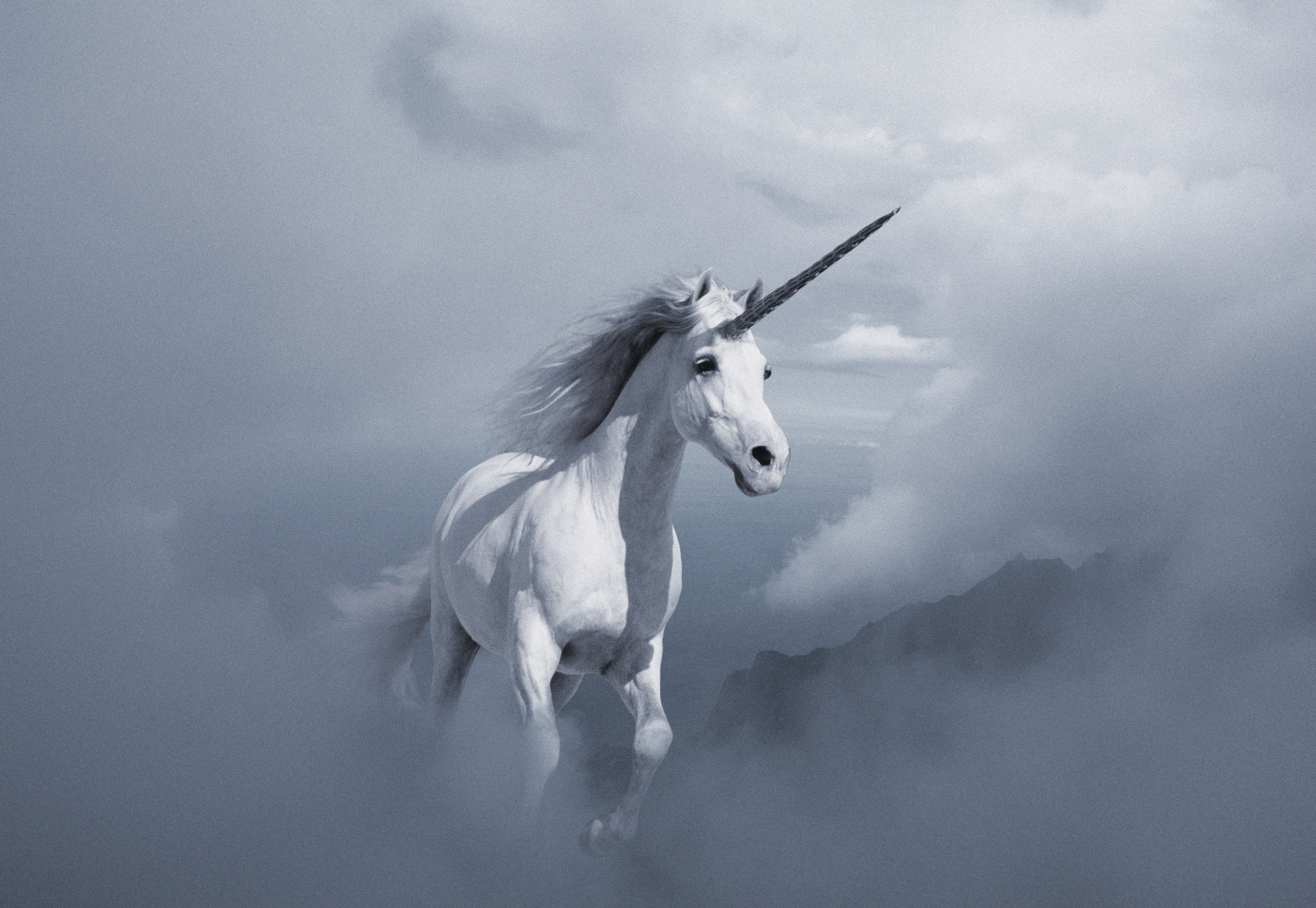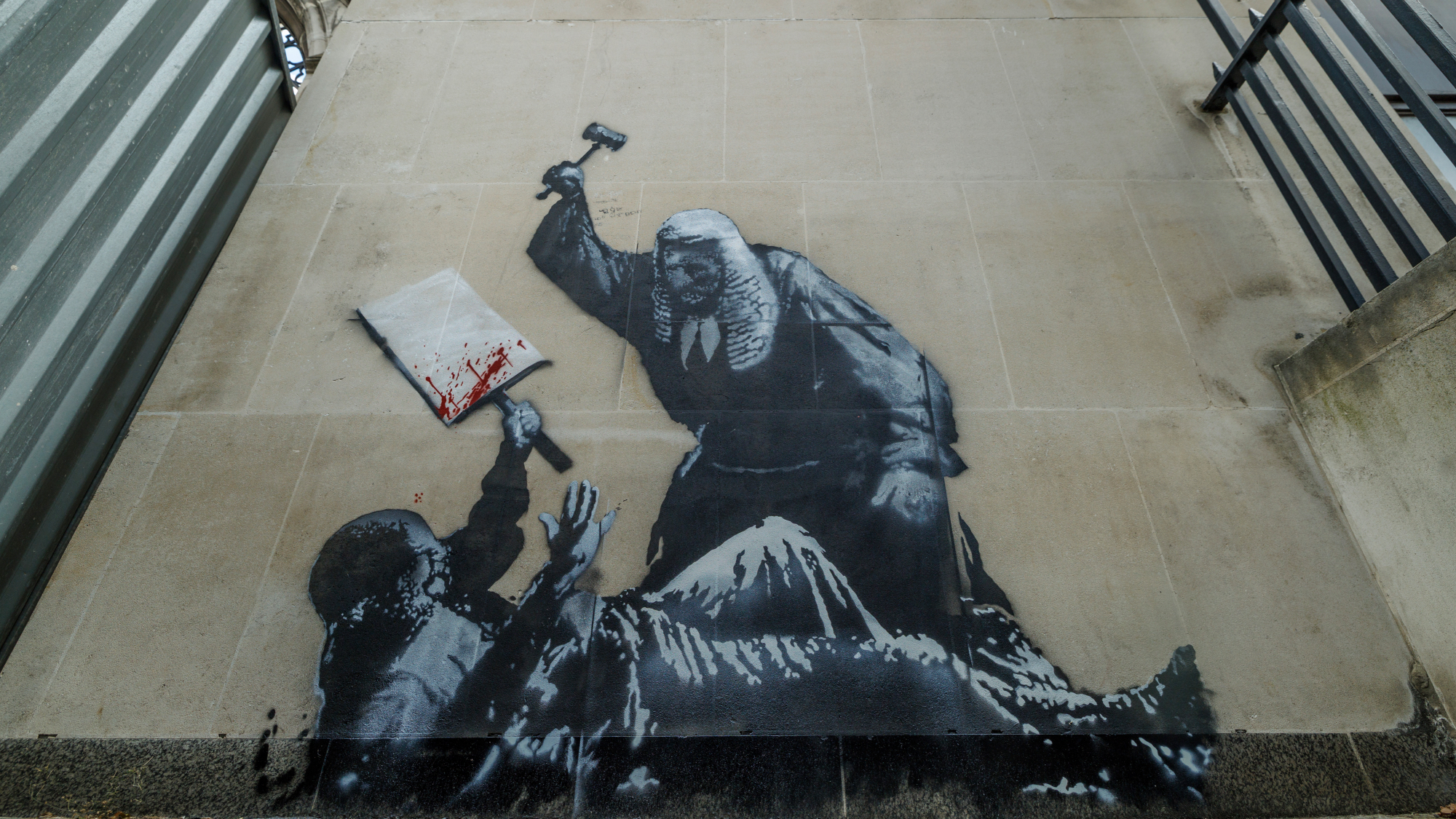Silicon Valley's troubled unicorns
Some of Silicon Valley's most venerable investors are sounding the alarm about a new tech bubble

The smartest insight and analysis, from all perspectives, rounded up from around the web:
Most of us know unicorns are mythical beasts. "Sadly, only now does the same recognition seem to be dawning on Silicon Valley," said Suzanne McGee at The Guardian (U.K.). In tech parlance, unicorns are startups valued at $1 billion or more. Once as rare as their fairy-tale eponym, they've multiplied rapidly in recent months: Some 142 unicorns now roam the land, with a collective value of $506 billion. Some, like Uber, Airbnb, and Dropbox, have become household names. But the enchantment is wearing thin for many of the venture capitalists who gave these firms their fantastical, multibillion-dollar valuations in the first place. Some of Silicon Valley's most venerable investors are now sounding the alarm that magical thinking about young, unprofitable companies has dangerously inflated a new tech bubble. Bill Gurley, whose firm, Benchmark Capital, invested early in eBay, Twitter, and Instagram, recently ventured a grim prediction: "I do think you'll see some dead unicorns this year."
"If a tech-startup crash comes in the next year, don't worry," said Noah Smith at Bloomberg View. Unlike the dot-com bubble of the late 1990s, "a tech bust won't hit individual investors hard." That's because this time around, tech startups have largely shunned going public in favor of the private markets. If well-known startups begin to implode, Main Street investors won't really feel it — just the startup founders who are now paper billionaires, and a few wealthy venture capitalists with skin in the game. Ultimately, "not much will be lost except for castles in the clouds."
The Week
Escape your echo chamber. Get the facts behind the news, plus analysis from multiple perspectives.

Sign up for The Week's Free Newsletters
From our morning news briefing to a weekly Good News Newsletter, get the best of The Week delivered directly to your inbox.
From our morning news briefing to a weekly Good News Newsletter, get the best of The Week delivered directly to your inbox.
That's what I used to think, but the unicorn cult's "irrational exuberance" has me on edge, said Christopher Mims at The Wall Street Journal. "We have so far underestimated the potential impact of an implosion of relatively large, extremely visible companies that are supposed to be the vanguard of our brave new tech economy." Make no mistake, so-called unicorns "are heading for a fall every bit as dramatic as their hapless dot-com brethren 15 years ago," said Adam Lashinsky at Fortune. There may not be a stock market bloodbath, since many of these companies haven't gone public, but there will still be consequences — the loss of thousands of high-paying tech jobs, for one, not to mention the impact on commercial real estate, businesses that make their money selling to startups, and the indirect hit to investor confidence. "It won't be pretty."
"This is why I always roll my eyes a bit" when I read about how startups like Uber are going to change the world, said Megan McArdle at Bloomberg View. The vast majority of unicorns lose money hand over fist acquiring customers, hoping they'll eventually acquire a "nice cozy monopoly." Once that happens, goes the thinking, then they'll get serious about making a profit. Plenty of companies tried this strategy during the dot-com era, and only one had much success: Amazon. Most suffered the fate of Kozmo.com, which burned through piles of cash, "then abruptly went out of business when the money ran out." I imagine a similar fate awaits most of today's billion-dollar startups. Because "it's only in myth that unicorns are immortal."
A free daily email with the biggest news stories of the day – and the best features from TheWeek.com
-
 The pros and cons of noncompete agreements
The pros and cons of noncompete agreementsThe Explainer The FTC wants to ban companies from binding their employees with noncompete agreements. Who would this benefit, and who would it hurt?
-
 What experts are saying about the economy's surprise contraction
What experts are saying about the economy's surprise contractionThe Explainer The sharpest opinions on the debate from around the web
-
 The death of cities was greatly exaggerated
The death of cities was greatly exaggeratedThe Explainer Why the pandemic predictions about urban flight were wrong
-
 The housing crisis is here
The housing crisis is hereThe Explainer As the pandemic takes its toll, renters face eviction even as buyers are bidding higher
-
 How to be an ally to marginalized coworkers
How to be an ally to marginalized coworkersThe Explainer Show up for your colleagues by showing that you see them and their struggles
-
 What the stock market knows
What the stock market knowsThe Explainer Publicly traded companies are going to wallop small businesses
-
 Can the government save small businesses?
Can the government save small businesses?The Explainer Many are fighting for a fair share of the coronavirus rescue package
-
 How the oil crash could turn into a much bigger economic shock
How the oil crash could turn into a much bigger economic shockThe Explainer This could be a huge problem for the entire economy

